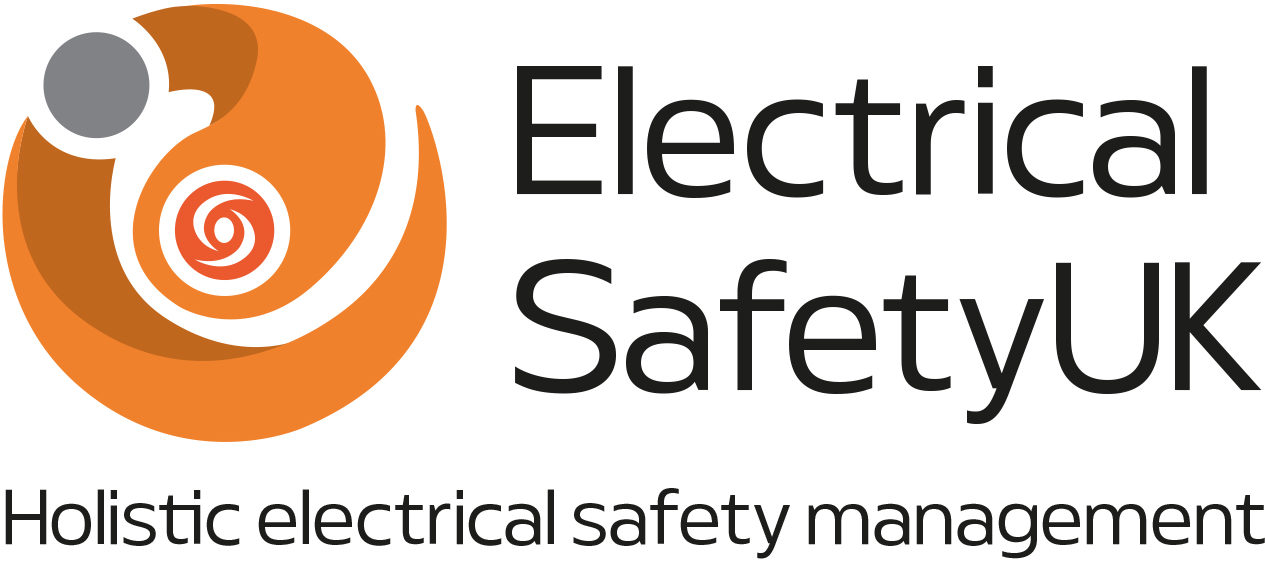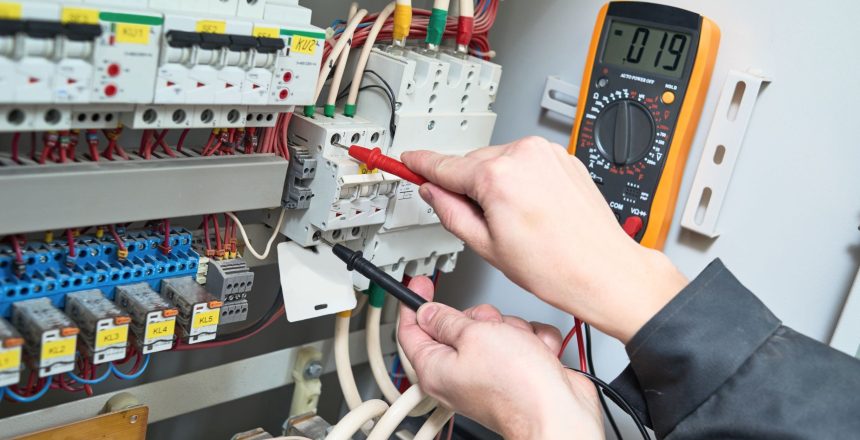BS 7671:2018+A1:2020 is a non-statutory document based on technical substance of European CENELEC agreements, and is published by the British Standards Institute under the joint direction of the Institution of Engineering and Technology (IET) and British Electrotechnical Committee (BEC).
In itself, there is no legal requirement to comply with the requirements of BS 7671, however, much legislation including the Electricity, Safety, Quality and Continuity Regulations 2002 and Part P of the Building Regulations 2010 refers to BS 7671 as the standard to be achieved. Contractually, BS 7671 may be referenced as the standard to be complied with. Where this is the case, common law will apply.
The Health and Safety Executive offers the following guidance in their publication HSR25:
“BS 7671 is a code of practice which is widely recognised and accepted in the UK and compliance with it is likely to achieve compliance with relevant aspects of the Electricity at Work Regulations 1989”.
The Statutory Instrument to which we must adhere is the Electricity at Work Regulations 1989, made under Section 15 of the Health and Safety at Work Etc. Act 1974. This falls under the remit of criminal law and is enforced by a number of agencies, including the Health and Safety Executive (HSE) and Local Authorities.
The HSE caution that, with regards to BS 7671, ‘it is likely to achieve compliance with relevant aspects’. This caution should not be taken lightly, and it is important to recognise a number of relevant factors:
- BS 7671 only applies to Low Voltage and Extra Low Voltage electrical installations. The standard does not include the electrical installations associated with machinery (BS EN 60204), lift installations or high voltage systems: however, the requirements of the Electricity at Work Regulations 1989 includes all of these aspects;
- Electrical installations that do not meet the requirements of the current version of BS 7671, but comply with previous versions of BS 7671 or the IEE Wiring Regulations might still comply with the Electricity at Work Regulations 1989;
- BS 7671 focuses on design, construction, inspection and testing of electrical installations, however, it does not focus in any detail on the competencies of individuals undertaking the work (other than recognising the roles of skilled, instructed and ordinary persons), nor does it give detail on maintenance activities or standard operating practices to ensure that safe systems of work are followed;
- There are numerous examples of situations where BS 7671 does not apply, or is not relevant, and more specific standards should be followed.
It must be remembered that BS 7671 is a minimum standard and focus should always be on exceeding its requirements rather than aiming for compliance. BS 7671 is a document that, if complied with, affords good evidence of intent to comply with the law, and is admissible in court as defence. The requirements of the IET Wiring Regulations are well regarded, and align with European and international standards and are generally accepted as good industry practice.
Many companies regard BS 7671 as the ‘all-encompassing’ standard for electrical safety. Whilst the Requirements for Electrical Installations (BS 7671) is a valuable document, it should form part of the safe systems of work that a company implements, alongside electrical safety rules, supporting procedures and an effective competency management programme. BS 7671 is only a part of the solution.
It should be noted that there are slight variations in legal aspects of BS 7671 and legislation within Scotland and within Northern Ireland, but the general guidance remains the same.
For safe electrical systems that are installed, operated and maintained correctly by competent people requires structure, our free electrical health check is a good place to start to identify the areas that you are succeeding in and opportunities to make change, to ensure that your company and its people remain safe whilst at work.
Related course for electricians: City & Guilds 2382-18: Level 3 Award in Requirements for Electrical Installations 18th Edition BS7671





